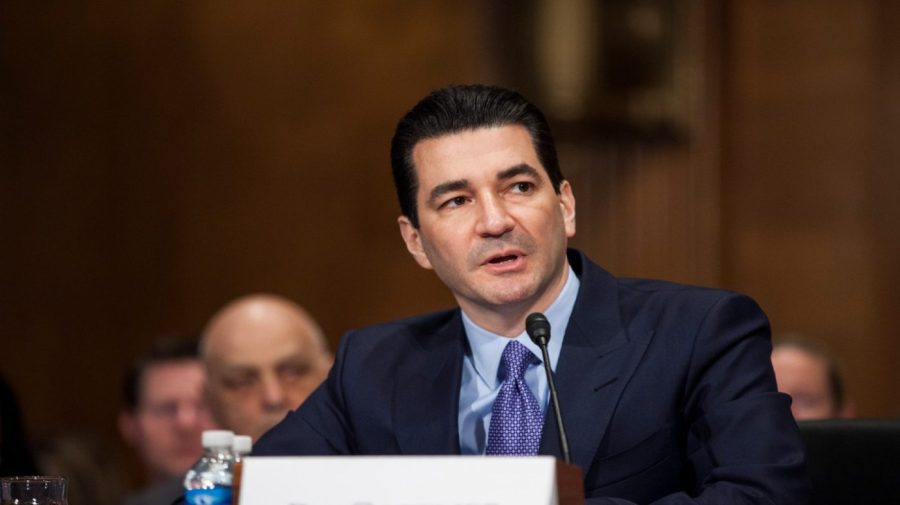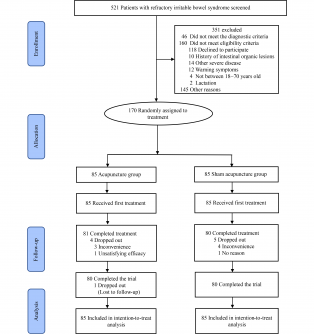As the federal government shutdown continues into its third week, concerns are mounting among many Americans regarding the future of health insurance premiums linked to the Affordable Care Act (ACA) subsidies. These subsidies, which significantly lower the out-of-pocket costs for insurance purchased through the health insurance marketplace, were enhanced during the COVID-19 pandemic. They are currently set to expire at the end of 2025, raising fears about potential increases in healthcare costs.
Negotiations between Democrats and Republicans have stalled, with Democrats urging the extension of these subsidies before any funding bill is passed to reopen the government. Meanwhile, Republicans insist that discussions will not commence until a clean funding bill is approved. According to a recent analysis from the Kaiser Family Foundation (KFF), if the enhanced premium tax credits are not extended, premium payments could more than double in 2026, leaving many individuals and families vulnerable to unaffordable healthcare costs.
One individual affected by this uncertainty is Doug Butchart, a 67-year-old resident of Eglin, Illinois. His wife, Shadene Butchart, suffers from amyotrophic lateral sclerosis (ALS) and currently relies on insurance from the health insurance marketplace. The Butcharts initially selected a low-tier Blue Cross bronze plan but later upgraded to a gold plan to better cover Shadene’s escalating healthcare needs. Their monthly premium is currently $1,273.82, of which $670 is covered by the enhanced tax credits, leaving them responsible for $603.82 each month.
Doug Butchart expressed his alarm at the prospect of losing these credits, stating, “I’ve heard premiums could rise anywhere from 25% to 50%. That’s not sustainable because we can’t afford that but can’t afford to not have insurance.” He noted that Shadene does not qualify for Medicare and their income is above the threshold for Medicaid, putting them in a challenging situation. “We’re stuck in the middle,” he said, emphasizing that they rely solely on his Social Security benefits to cover their bills and insurance costs.
As the couple approaches the end of the year, they are attempting to use their insurance to obtain critical medical equipment, including a specialized wheelchair that Shadene can operate with her eyes, which could cost between $65,000 and $95,000. Doug worries that if they are forced to downgrade to a lower-tier plan next year, essential medications for his wife may not be covered.
In a similar predicament is Nancy Murphy, a retired registered nurse from Fort Lauderdale, Florida. For the first time this year, she secured insurance through the ACA with Florida Blue. Her monthly premium stands at $1,019, fully covered by the enhanced premium tax credits. With the open enrollment deadline approaching on November 1, 2025, Nancy is anxious about the potential expiration of these credits. “It’s very much a worry. I definitely could not afford that if the tax credits expire,” she explained, highlighting that she is a type 1 diabetic who depends on her insurance to cover necessary supplies.
Murphy expressed concern about balancing her healthcare costs with other financial obligations, including property taxes and her daughter’s college tuition. “I’m like in limbo and it’s a really uncomfortable feeling,” she shared. “These things are so upsetting. We are American citizens. We should be able to access our tax dollars for our healthcare needs.”
The ongoing negotiations over government funding and ACA subsidies have left many individuals facing uncertainty about their healthcare costs and overall financial stability. As deadlines approach and discussions continue, the implications for those relying on the ACA subsidies remain a pressing concern.







